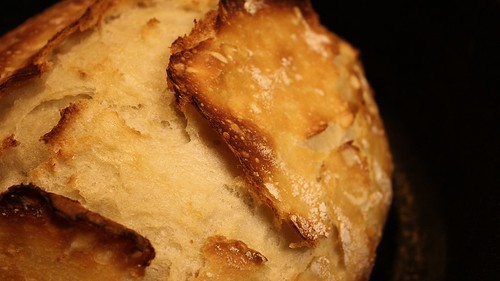MiSustainable Holland: College, elementary students partner on environmental research
Holland #Holland

HOLLAND — We’re lucky to live in a community full of environmental stewards — people who care for the world that we live in and are concerned about our impact on it.
Unfortunately, there’s often a gap between wanting to make a positive difference and knowing which actions to take if we’re not aware of the existing problems. Research is an important tool used to inform our future actions and highlight or prioritize how to reduce or reverse any unwanted consequences to our environment.
Throughout the fall semester, students at Hope College and Holland Christian’s Forest School have been learning about research methods and conducting their own environmental experiments.
Algae blooms historically have been a nuisance in Lake Macatawa, as shown in this 2011 photo.
They’ll present their results at 10 a.m. Thursday, Dec. 7, at the Maas Conference Center, 246 Columbia Ave. in Holland. The event is free, open to all, and registration is encouraged, but not required. For more information, see the upcoming events calendar at outdoordiscover.org.
Presenters from Hope College are part of an Advanced Environmental Seminar taught by Michael Philben, an assistant professor of geological and environmental science. His personal experience with research, as well as his familiarity with chemistry and geologic processes, made him especially qualified to assist students as they explored their topics.
“Phighting Phosphorus: The Effects of Sedimentary Phosphorus on the Macatawa Watershed,” is a project by Rachel Fusik, Liz Kelley and Jake Lyon.
Excess phosphorus is responsible for algal blooms in Lake Macatawa. While phosphorus in the water has historically been monitored, these students sampled lake-bottom sediment to determine if there’s a connection between phosphorus in sediments and algae blooms.
These results can be used for possible remediation efforts in the phosphorus levels of Lake Macatawa.
Faith Huff, Connor Monson and Spencer Whittington worked on a project titled “No ‘Butts’ About It: The Heavy Metal Impact of Cigarette Litter.”
Cigarette butts are one of the most common sources of litter globally and contain many toxic chemicals, including heavy metals.
By comparing measurements of cigarette metal contents with a count of cigarette butts found in litter, this group seeks to evaluate the amount of heavy metals that enter Holland’s local waterways as a result of cigarette littering.
Subscribe: Receive unlimited digital access to your local news coverage
In addition, students at Holland Christian’s Forest School, with support from ODC’s Education Network, have been studying many different topics, including fishing success using different types of bait, ages of fungi, populations of macroinvertebrates and crayfish, the type of trash found in the watershed, and the relationship of stream flow rates and turbidity.
Through this process, they’ve learned the steps of the scientific process, from forming a hypothesis to collecting and analyzing data to making conclusions. They’re excited to share what they’ve learned.
Attending these presentations is a great way to support students in their endeavors, as well as learn more about current environmental issues in the Holland area.
— Sarah Irvin is a conservation educator with the ODC Network.
About This SeriesMiSustainable Holland is a collection of community voices sharing updates about local sustainability initiatives.This Week’s Sustainability Framework Theme: Community Knowledge: The collective knowledge and energy of the community is an incredible resource that must be channeled to where it’s needed.
This article originally appeared on The Holland Sentinel: MiSustainable Holland: College, elementary students partner on environmental research